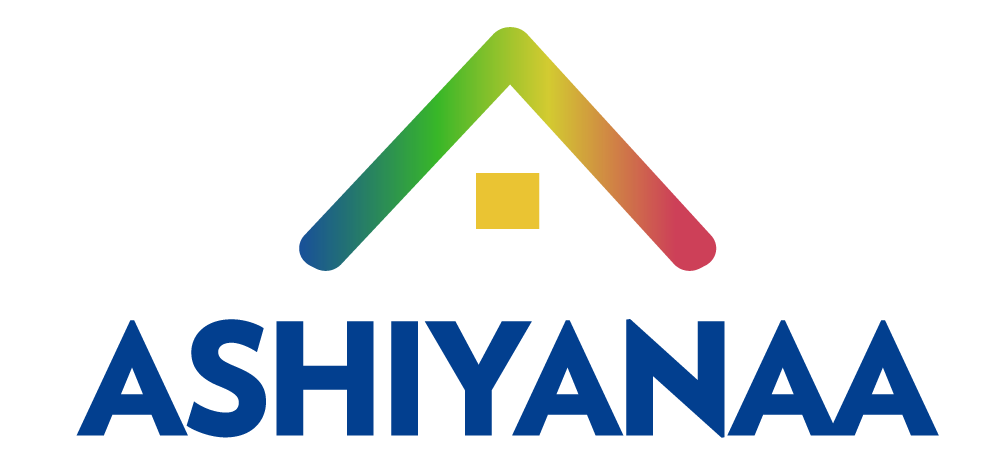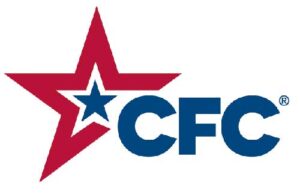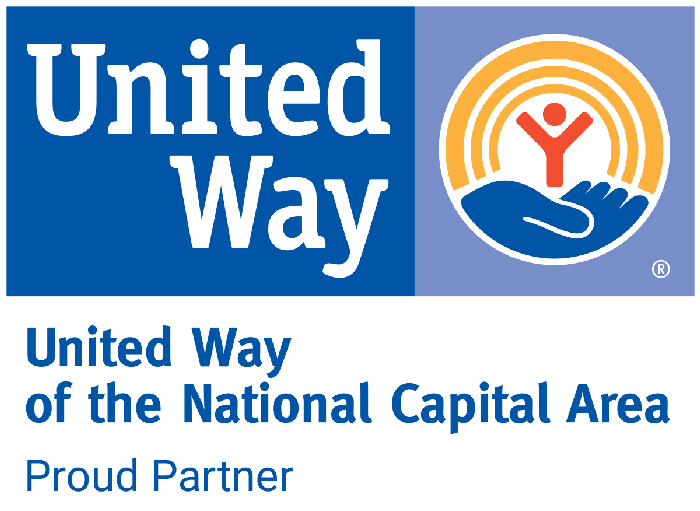As we celebrate the 30th Anniversary of VAWA, here’s what you should know about this landmark act…
“The Violence Against Women Act (VAWA) is a groundbreaking piece of legislation that sought to improve criminal legal and community-based responses to domestic violence, dating violence, sexual assault, and stalking in the United States. The passage of VAWA in 1994 and its reauthorization in 2000, 2005, 2013, and 2022 have changed the landscape for victims who once suffered in silence.” Over the years, VAWA funds have been consistently poured into the law delivery system and community services, strengthening their ability to intervene and meet the needs of survivors. We therefore have an emergency response that is among the best in the world, survivor protection, detention of abuser and prosecution, access to emergency health care, state housing for victims,
Over the years, VAWA funds have been consistently poured into the law delivery system and community services, strengthening their ability to intervene and meet the needs of survivors. We therefore have an emergency response that is among the best in the world, survivor protection, detention of abuser and prosecution, access to emergency health care, state housing for victims,
funding and crisis management through social services and more, all funded by the federal government.
Because of VAWA, community level support services have seen a robust rise. Their activities and programs have a ripple effect, as they in turn collaborate with nonprofits like Ashiyanaa, who have a targeted mission to serve South Asians.
Immigration door open to many survivors!
VAWA takes another significant humanitarian stand. A great number of survivors in the US are also immigrants, of insecure legal status, vulnerable to abandonment, deportation, dispossession, and facing barriers to escape life threatening situations. Relief is offered under VAWA to immigrant survivors abused by partners who are US citizens or lawful permanent residents. The survivor, regardless of own legal status, can petition for legal resident status without the sponsorship or knowledge of the abuser. Called the VAWA Self Petition, the process is powerful but very exacting.
Many survivors find it highly intimidating, but at the end of the road there’s the promise of a new beginning.
This route to legal resident status is also offered to parent survivors or children survivors, who have faced violence from the legally resident child or parent, without that person’s sponsorship or
knowledge.
Why is VAWA a ‘landmark’ legislation?
VAWA has had a significant impact on society and changed the legal landscape. It has redefined what was considered a ‘family affair’ as a criminal act and brought it into the public sphere as something that hurts family and society. It empowers the weak and vulnerable and attempts to give them equal rights and liberty, and directs law enforcement and service providers to provide support with sensitivity and gravity. Throughout its thirty years VAWA has attracted countless debate, criticism and suggestions from social workers, law makers, politicians and activists, helping it evolve with each re-authorization, improving the delivery of justice to underserved populations.
Protective laws for South Asians in the countries of origin
The South Asian countries of Afghanistan, Bangladesh, Bhutan, Nepal, India, Pakistan, Sri Lanka have series of protective laws for women affected by domestic violence and other abusive practices (such as acid attack). Broadly speaking, the laws follow global good practices, providing a sound framework of legal intervention, protection of victims and support from social service agencies. Many reforms are suggested by relevant organizations under the United Nations and, in some countries, there is a healthy implementation of reformative social programs.
However, empathy and delivery of justice are often hampered by die-hard societal norms and socially impacted legal system. This report says a lot, Human Rights Watch: What needs to change.
Seek help, always, from the right social service
The law is generally on your side, but to interpret it correctly and do due diligence, you may need the right agency to take your case forward. Ashiyanaa is committed to supporting South Asian
survivors of interpersonal violence and empowering them through advocacy, access to resources and funding, acquiring life skills and education and more, to a secure self-reliant life. Immigration support is offered by many associates of Ashiyanaa who do pro bono case management. Talk to us on our Helpline, SEEK HELP.
Who is eligible for VAWA? Find out here.
The VAWA Process: Learn more.
Some Perspectives on South Asian Protective Laws
Afghanistan: The Fate of Women’s Rights
Bangladesh: Barriers to Legal Recourse and Support
Bhutan: Understanding and Fighting Domestic Violence in the Bhutanese Setting
India: Lessons from 20 Years of Surveillance
Nepal: Human Rights Watch World Report 2022
Pakistan: GBV and Public Health Measures – A Call to Action
Sri Lanka: Domestic Violence in Sri Lanka – The Power of Alternative Discourse
Talk to us
We are focused on helping South Asian seniors lead a dignified and self-reliant life. We’ll be happy to talk with you and give you guidance, in total confidence.
Call on our toll free Helpline 1-888-417-2742.




